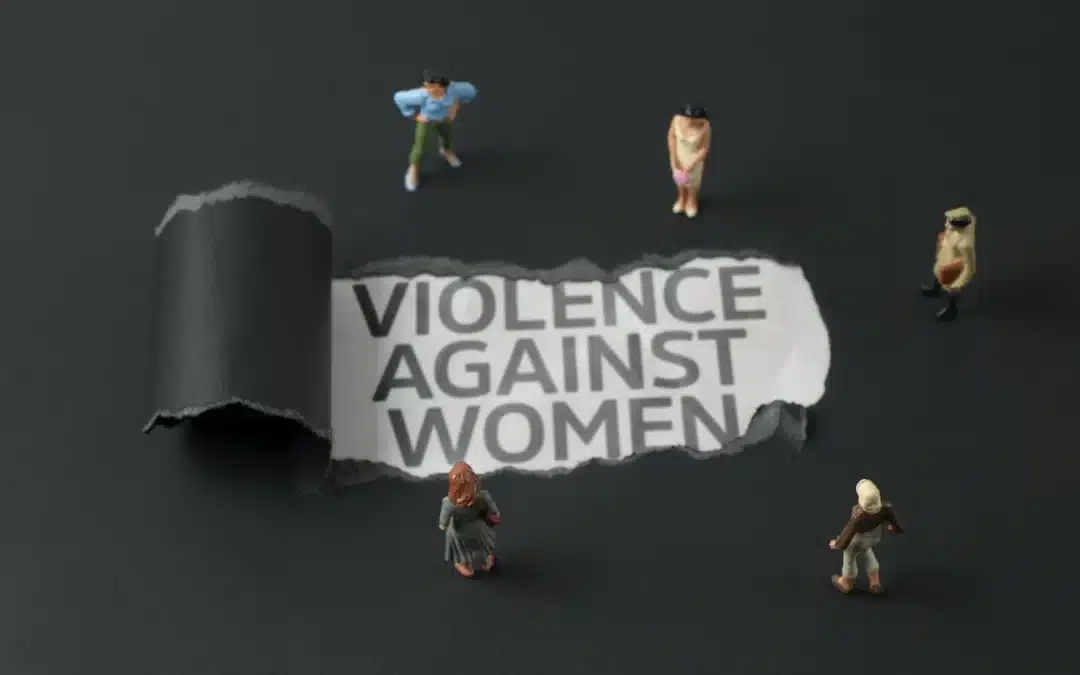Violence against women remains a pervasive issue globally, with Pakistan witnessing alarming levels of abuse, including domestic violence, honor killings, and sexual assault. International organizations and NGOs have consistently highlighted the dire conditions for women in the country, noting societal and legal challenges that impede justice and protection. Reports indicate that Pakistan is among the most dangerous countries for women, with 90% experiencing domestic violence during their lifetimes, according to various studies cited by Dawn and Deutsche Welle. Despite legislative advancements, such as the Anti-Rape and Anti-Honor Killing laws, implementation and cultural attitudes often undermine their effectiveness.
The Role of Women in Overcoming Violence
To combat this issue, women must take proactive steps toward empowerment:
- Education and Awareness: Women should seek education and legal literacy to understand their rights and available support systems.
- Building Networks: Establishing support groups or connecting with NGOs can provide resources and emotional resilience.
- Leveraging Technology: Tools like emergency apps and helplines can offer immediate assistance in dangerous situations.
Laws Protecting Women in Pakistan
Pakistan has introduced several laws to protect women, including:
- The Protection Against Harassment of Women at the Workplace Act (2010): Offers a framework to address workplace harassment.
- The Anti-Honor Killing Laws (2016): Closed legal loopholes that allowed perpetrators of honor crimes to escape punishment through family pardons.
- The Domestic Violence Acts (provincial laws): Define and criminalize domestic violence, though enforcement remains inconsistent.
Contribution of White Ribbon Pakistan
White Ribbon Pakistan plays a vital role in addressing violence against women by raising awareness and promoting men’s involvement in eradicating abuse. Initiatives like the “White Ribbon Ride” engage male allies in spreading messages of respect and non-violence, emphasizing that ending gender-based violence requires collective action. CEO Omer Aftab stresses the importance of male engagement to challenge patriarchal norms and transform societal attitudes.
Global Context and the Way Forward
Organizations such as The Guardian and The News underscore the importance of international collaboration in addressing violence against women, as shared practices and global pressure can strengthen local initiatives. The inclusion of more robust educational campaigns and accessible legal mechanisms remains critical for creating long-term change.
In conclusion, violence against women is a societal problem that demands systemic reforms, community involvement, and empowered individuals. White Ribbon Pakistan’s initiatives exemplify how targeted efforts can make a difference, but sustained action from all sectors of society is essential to ensure safety and equality for women.

